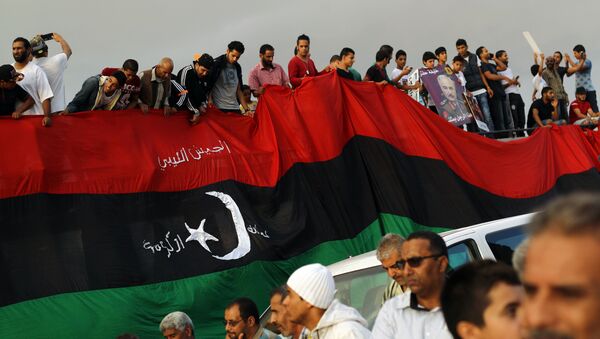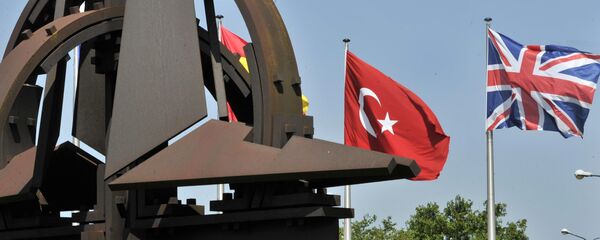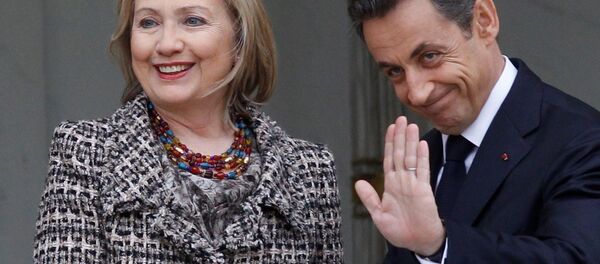On September 1, 1969 a group of Libyan army officers, including Colonel Muammar Gaddafi, toppled Libya's King Idris and brought an end to the de facto rule of the crown prince.
Interestingly enough, it was the "legitimate" heir to the throne, Prince Mohammed, who called for the international community to help remove Libyan leader Muammar Gaddafi from power in his interview to Al-Jazeera English on February 24, 2011.
"This call was published the day after French President Nicolas Sarkozy told the world 'Gaddafi must go,' and later British Prime Minister David Cameron proposing the 'no fly zone' which essentially spelled the end for the Libyan leader. The US Senate followed in tune with the evident plan, and on 19 March 2011, a multi-state coalition began a military intervention in Libya," Butler writes.
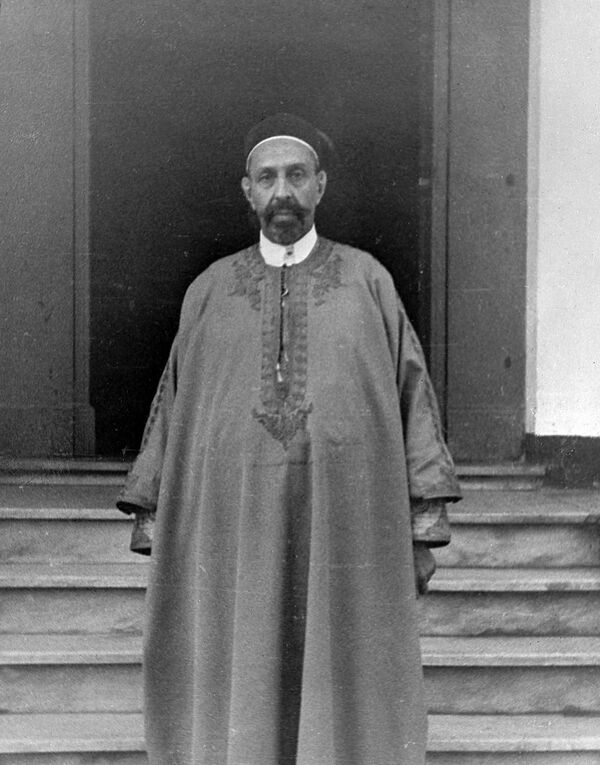
Sidney Blumenthal, a long-time associate of Hillary Clinton, noted in his letter that "the DGSE officers indicated that they expected the new government of Libya to favor French firms and national interests, particularly regarding the oil industry in Libya."
Of course, the French president and the country's oil giants were not the only actors planning to benefit from the regime change in Libya.
However, after the military coup in Libya things got ugly on the ground, prompting the Western establishment to seek yet another solution to the crisis.
Phil Butler puts the spotlight on the recent analytical report released by influential International Crisis Group think tank.
The think tank's Board of Trustees and Senior Advisers includes such figures as US magnate George Soros, former NATO Supreme Allied Commander Wesley Clark, former US Senate Majority Leader George J. Mitchell, former Ambassador of the Kingdom of Saudi Arabia to the US Prince Turki al-Faisal, former US National Security Advisor Zbigniew Brzezinski and etc.
The Group's report called for the creation of a single pro-Western government in Libya.
It is hardly a coincidence that some scholars have recently come up with the plan to recognize Libya's Constitution of 1951, which proclaimed the country a constitutional monarchy, and to restore the House of Senussi to power.
"But most importantly, a monarch transcends regional, partisan and ideological rivalries. A monarch becomes more than a symbol of unity, but a source driving unity — something Libya so desperately needs," Schleifer stressed.
In his turn, Declan Walsh, the Cairo bureau chief for the New York Times, called attention to the matter in late February 2016.
"Those who say a king can rescue the country point to a little-known crown prince, Mohammed el-Senussi, a grandnephew of King Idris," the journalist noted.
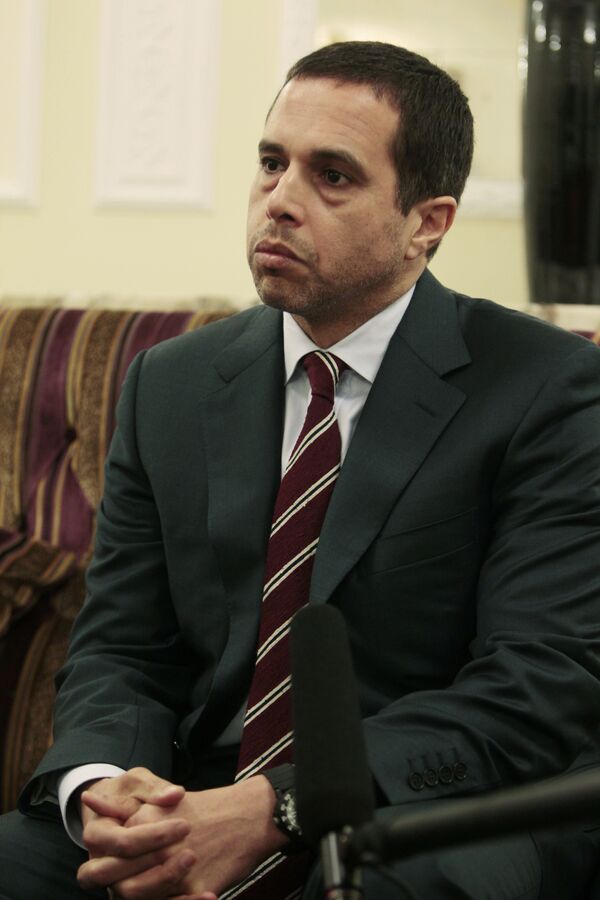
"The prince declined to be interviewed for this article, but an aide in the United States, Alaa el-Senussi, said the prince 'was ready to return to Libya if the people demanded it'," he stressed.
The Western political establishment needs a loyal political figure in Tripoli that would at the same time play a role of "national symbol" for Libyans. Needless to say, el-Senussi suits such a plan.
The question remains open whether a new leader would be able to restore the living standards which Libyans enjoyed under the rule of Gaddafi — a classless society, free university education, free healthcare, and the literal elimination of homelessness, Butler asks.
